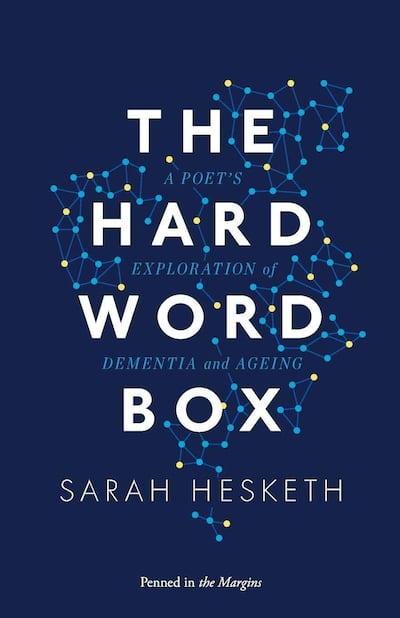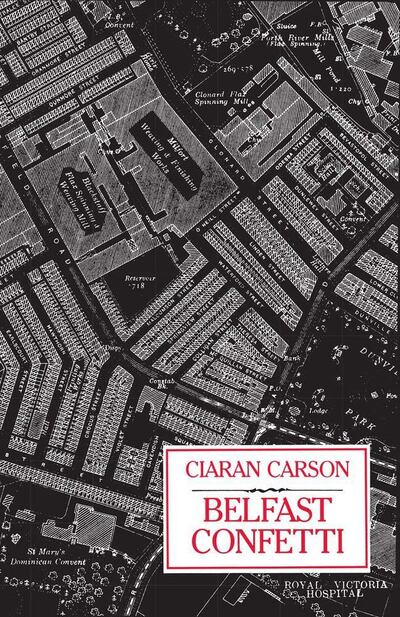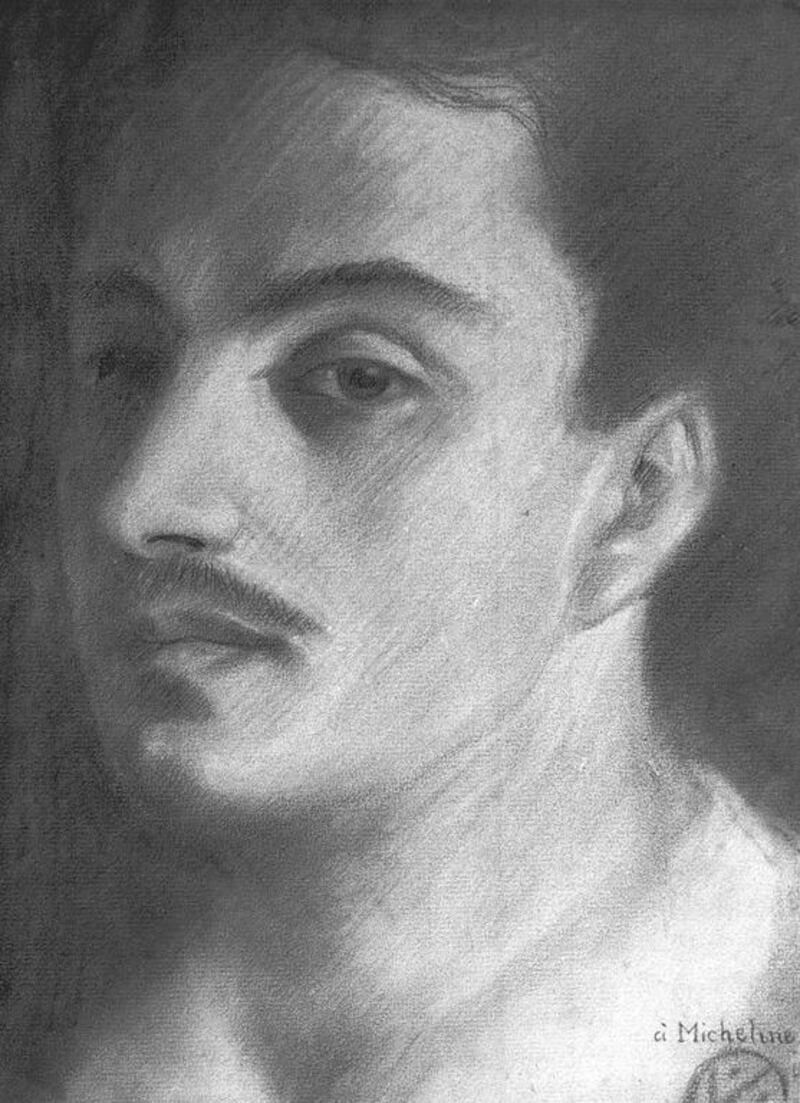Poetry gets a bad rap sometimes, with poets accused of being wilfully abstruse or pretentious. But in a world where people claim they don’t have time to read, poetry makes sense. After all, many good poems can be read in a few minutes, and enrich us with their precise, creative language.
The Hard Word Box by Sarah Hesketh (2014)
In 2013, Hesketh spent 20 weeks visiting people suffering from dementia in an English care home. This collection of her interviews and poems offers a clear-eyed and empathetic glimpse into a difficult world illuminated by the half-light of fading memory and awareness. “You might enjoy the ruins of our grammar,” Hesketh writes, “the way we chew up our nouns to song”.

The Prophet by Kahlil Gibran (1923)
The best-known work by this Lebanese literary rebel, its 26 prose poems follow the titular “prophet” Al Mustafa as he philosophises about life to the people of the fictional city of Orphalese. Particularly poignant are Mustafa’s lessons about respecting children as individuals. “You are the bows from which your children as living arrows are sent forth,” he says.
Belfast Confetti by Ciaran Carson (1989)
Carson wrote much of his work during Northern Ireland’s Troubles. In the book, Bloody Hand uses a child’s game of making shadow animals to describe a murder bid. “Your man, says the Man, will walk into the bar like this – here his fingers / Mimic a pair of legs, one stiff at the knee – so you’ll know exactly / What to do. He sticks a finger to his head.”

Pleasures of the Damned by Charles Bukowski (2007)
I’m a latecomer to his work, but if one man could demolish the stereotype of the highfalutin, airy-fairy poetry world, it’d be dirty old Chuck Bukowski. Written from the streets and seedy bars, the wild man of American counterculture didn’t spare himself in his writing. Sardonic, world-weary, funny and combative, Bukowski turned decline into art.
Quoof by Paul Muldoon (1983)
Muldoon, a contemporary of Seamus Heaney, is maybe the most "difficult" among these five writers. With no shortage of ambition, Quoof contains The More a Man Has, the More a Man Wants – a poem set in Ireland and the US, based on the Trickster figure from Native American mythology. Cultures collide in this mishmash of place, time and identity.
Declan McVeigh is a sub-editor at The National
_________________
Read more:
Five sports-themed books that give insight to the spirit of the game
Five essential reads from a world of francophone literature
Five must-read books that offer insight into the Middle East across the centuries
_________________







